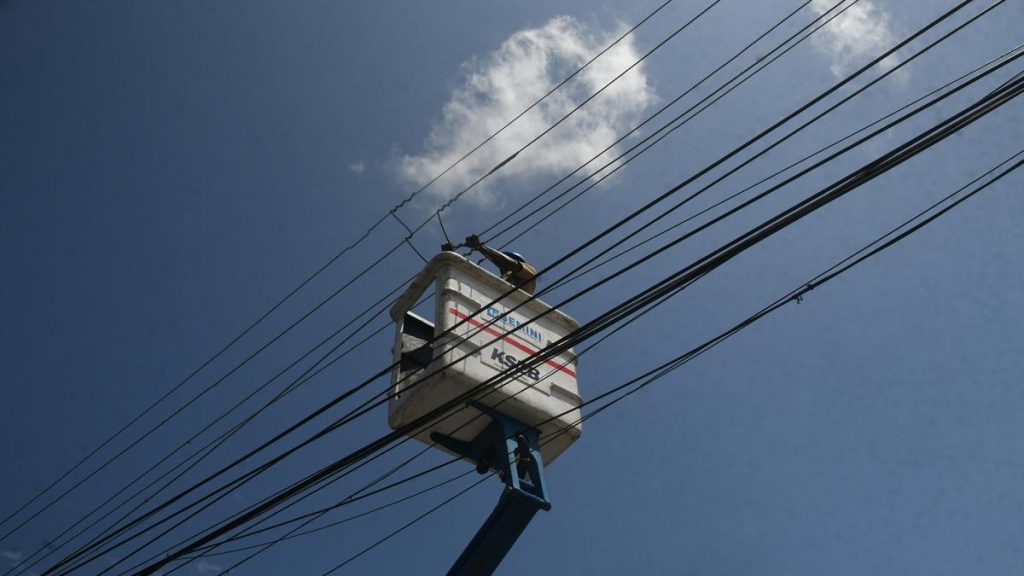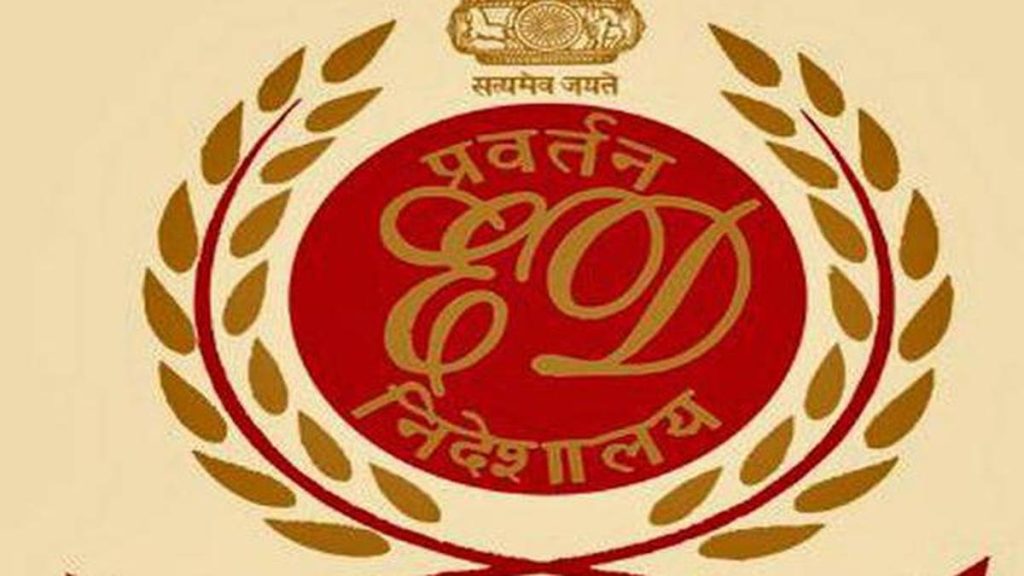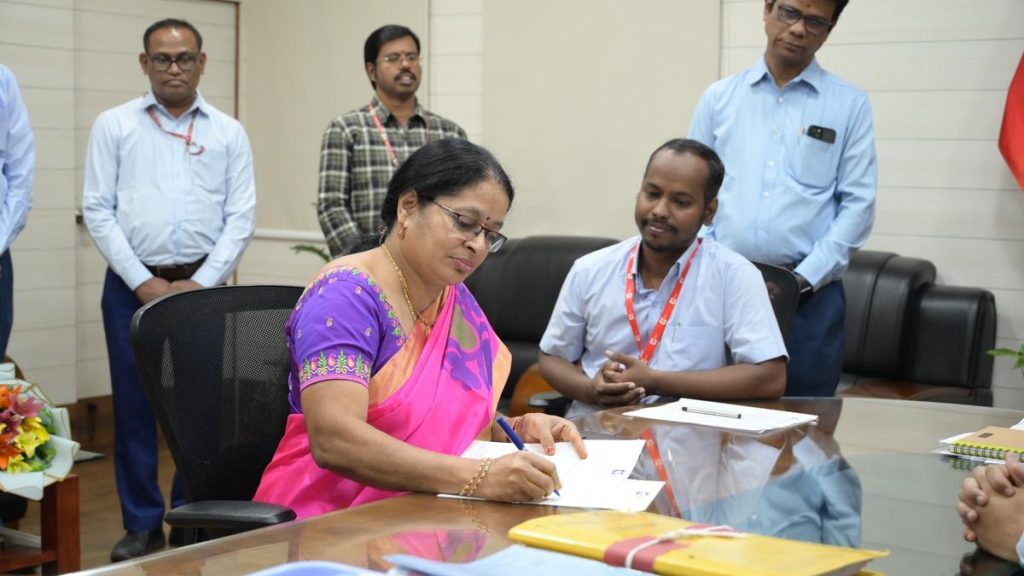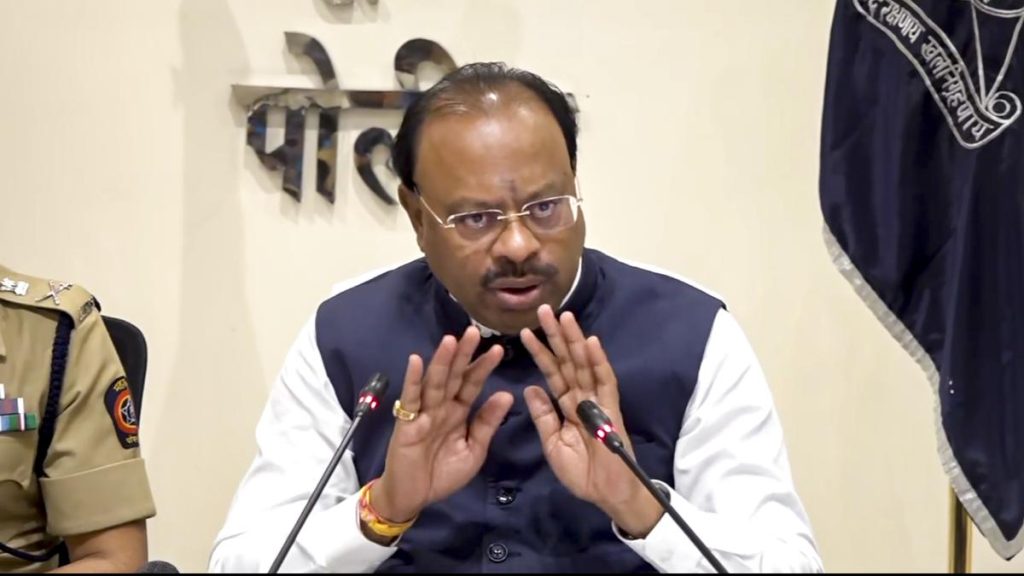Now Reading: DMK Moves Resolution on Language Policy, Key Issues in Parliament’s Monsoon Session
-
01
DMK Moves Resolution on Language Policy, Key Issues in Parliament’s Monsoon Session
DMK Moves Resolution on Language Policy, Key Issues in Parliament’s Monsoon Session
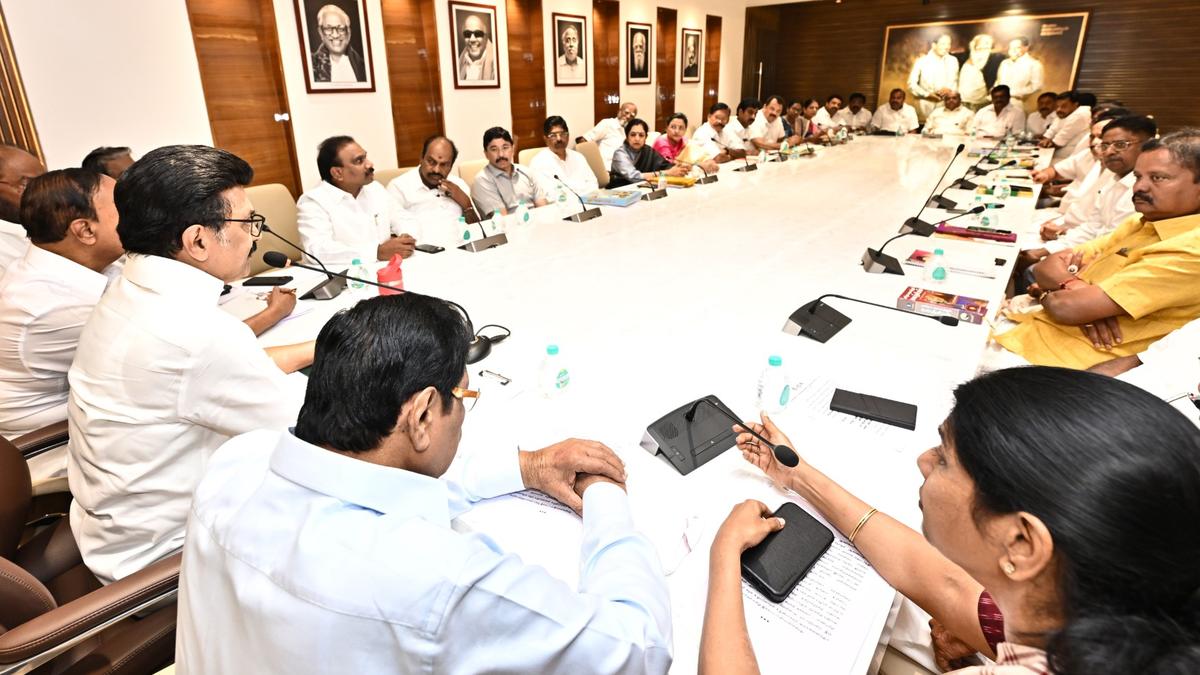
Quick Summary
- Chief Minister and DMK president M.K. Stalin chaired a meeting of party MPs in Chennai ahead of the upcoming monsoon session of parliament.
- The meeting adopted a resolution highlighting key issues for parliamentary discussions, including state rights and autonomy concerns.
- Stalin criticized the BJP government, alleging suppression of states’ autonomy, imposition of Hindi and Sanskrit, communalism, and betrayal of Tamil Nadu.
- DMK MPs will focus on state-related issues such as:
– Funds denied under Samagra Shiksha for opposing the three-language policy.
– Financial devolution concerns: States receive only 33.16% against the recommended 41%.
– Non-release of funds for Keezhadi archaeological studies and railway projects in Tamil Nadu.
– A new scheme proposal to clean major rivers like Cauvery, Vaigai, Thamirabarani.
– Central naming conventions for government schemes to prioritize English translations over Hindi/Sanskrit titles.
- Other agenda points include restoring Jammu & Kashmir’s statehood, election-related issues in Bihar (SIR rolls), retrieval of Katchatheevu from Sri Lanka, Tamil fishermen arrests by Sri Lankan authorities, moving education back to State List under federal governance.
Indian Opinion Analysis
The DMK’s emphasis on raising multiple state-specific concerns highlights its consistent strategy to assert regional priorities within India’s federal structure. Issues like financial devolution inequities and denial of funds tied to language policies illustrate points where states feel constrained by centralized mandates. The call for specific funding initiatives (e.g., river cleaning projects or archaeological research) alongside broader systemic critiques reflects efforts to safeguard distinctive cultural identities while addressing administrative hurdles.
Although some claims-such as alleged biases in fund allocation-are likely debated across political lines during parliament sessions,this advocacy sheds light on ongoing tensions between centralization versus decentralization within India’s governance model. Such discussions may spur wider evaluations about resource distribution fairness and linguistic inclusivity impacting diverse regions beyond Tamil Nadu.
Read more: Link


